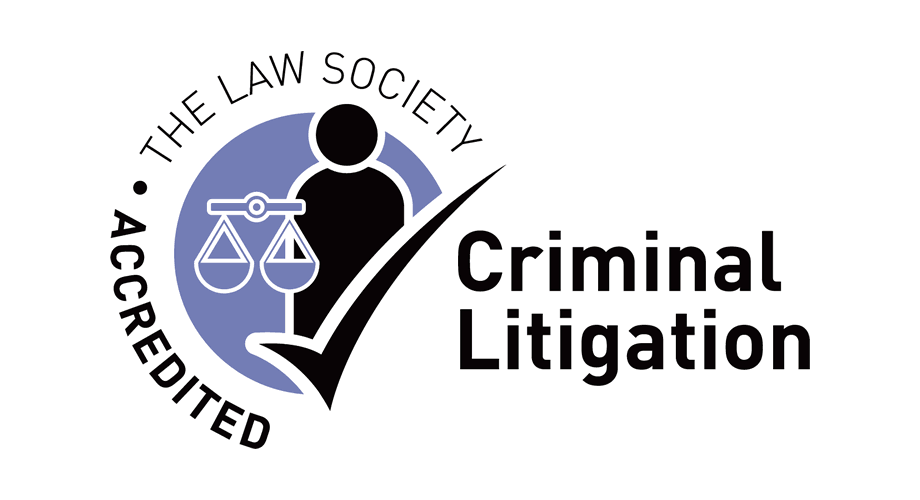0114 249 3222
01246 555 387
Many couples now choose to live together before, or without entering into a marriage or civil partnership, however, the legal rights of cohabiters are very different to those of married couples.
We all hear the term common law spouse often used by the media to describe couples that live together but there is no legal definition in English law. Many people have the view that cohabiting couples have automatic rights and obligations towards each other akin those that are married. They expect to be in a similar position when their relationship breaks down. This is not the case and often comes as a shock when the find that they have no additional rights on the basis that they are living together often.
If the parties own a property jointly they will either own the property in shares, provided this was made clear when they purchased the property, or possibly equally. They have no entitlement to claim the other’s share if the parties separate or one of them dies.
In some cases where one party has bought a property in their sole name but the other party has made contributions towards the property that person may be in a position to make a claim. The issues the court will then take into account when determining that share are exactly the same as if they had contributed to a property owned by a third party. They have to prove that they have contributed and how that has improved the value etc. The simple facts of cohabiting together does not give them any additional claim. This also applies to any other assets that either party may own, e.g. car, caravan etc.
A cohabiting couple cannot seek maintenance from the other. They have a right to claim for child support.
However, because a party may not be able to make a direct claim against the property they have not contributed to the court can order a parent to transfer a property or pay a lump sum to the other parent for the benefit of a child. If children attend a private school, a school fees order can be made. However, such orders are only usually made when the parent who is not the primary carer has sufficient income and assets to meet the order and maintain themselves as well. These orders are for the benefit of the child or children and not the ex-cohabiter, so once the child reaches adulthood the order will cease and property may revert back to the other party.
The importance of a Cohabitation Agreement
It is wise to seek expert advice from our family legal team before you start cohabiting or in the early stages of your relationship. A Cohabitation Agreement can be drafted to address all the aforementioned issues and to help avoid disputes and litigation in the event the relationship comes to an end. It is always extremely important to protect any property or assets brought into the relationship by either of you and it will limit any claim brought against the other in the future. Cohabiting couples will always be advised to make a Last Will and Testament.
Our legal team always advise that any agreement is professionally drafted and explained clearly so that you each understand fully the terms of the agreement and its effect.
We offer an initial free interview to provide general advice. Call us now on 0114 249322 or 01246 555387 to arrange an appointment.
Looking for a solicitor to assist you? Contact us today


